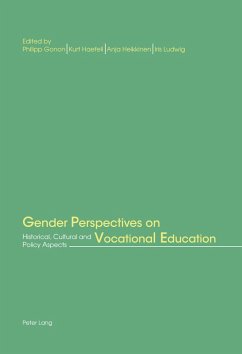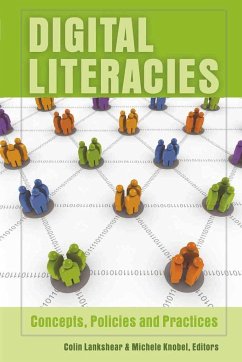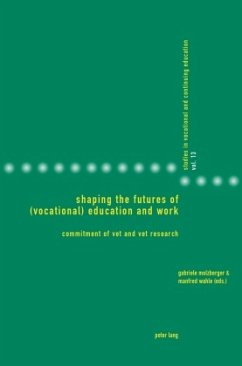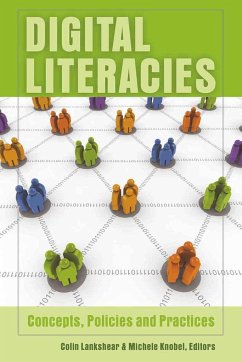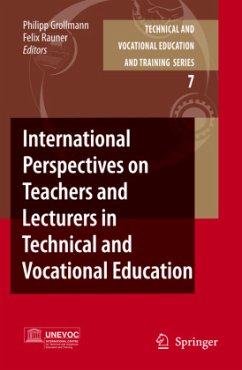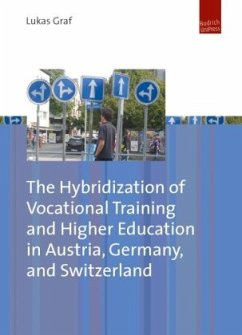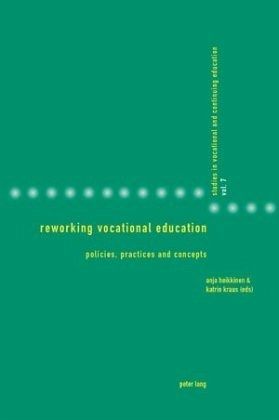
Reworking Vocational Education
Policies, Practices and Concepts
Herausgegeben: Heikkinen, Anja; Kraus, Katrin
Versandkostenfrei!
Versandfertig in 6-10 Tagen
70,95 €
inkl. MwSt.

PAYBACK Punkte
0 °P sammeln!
A new political order is transforming the nature of work in advanced industrialised countries. What does this mean for the nexus of education and work? How does it affect the idea of vocation, the reality of lifelong learning, the concept of employability, and the future of vocational education and training?This volume analyses the foundations of this transformation featuring globalisation and individualisation. It offers an analysis of the shifting terrain of governance and policy and their impact on the field of vocational education. With contributions from scholars located in Europe as well...
A new political order is transforming the nature of work in advanced industrialised countries. What does this mean for the nexus of education and work? How does it affect the idea of vocation, the reality of lifelong learning, the concept of employability, and the future of vocational education and training?
This volume analyses the foundations of this transformation featuring globalisation and individualisation. It offers an analysis of the shifting terrain of governance and policy and their impact on the field of vocational education. With contributions from scholars located in Europe as well as in Australia and the USA, it provides an understanding of a number of important educational policy topics, including changing social and cultural conditions of labour, migration, an aging populace and the spread of cross-national discourses. Additional chapters tackle the concepts of "employability", "gender", "earning" and "lifelong learning" and examine their relation to policies, practices, theory and research in vocational education.
This volume analyses the foundations of this transformation featuring globalisation and individualisation. It offers an analysis of the shifting terrain of governance and policy and their impact on the field of vocational education. With contributions from scholars located in Europe as well as in Australia and the USA, it provides an understanding of a number of important educational policy topics, including changing social and cultural conditions of labour, migration, an aging populace and the spread of cross-national discourses. Additional chapters tackle the concepts of "employability", "gender", "earning" and "lifelong learning" and examine their relation to policies, practices, theory and research in vocational education.



